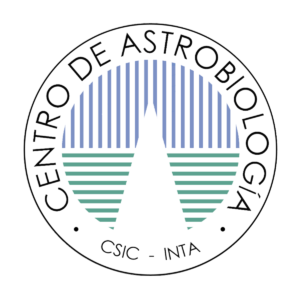CAB’s research strategy is based on finding a scientific answer to the question ” What is life?” Success in this endeavour will come from the application of the scientific method to understand the origin, evolution and future of life, including the use of theoretical and experimental techniques and methods to living organisms, their synthesis and adaptability. Our approach is to ask “what is life” under the hypothesis of life as a consequence of the evolution of the Universe. This is motivated by the universality of physics and chemistry, which ensures that identical processes must occur when the same components are in the same environment.
Astrobiology is essentially a multidisciplinary science. The answer to these questions must not come from any specific discipline, but from the combined efforts of many: astronomy, physics, chemistry, geology, microbiology, palaeontology, engineering, etc.
Astrobiology requires more than a multidisciplinary approach, it requires the sum of joint efforts and strategies to address common issues and with a horizontal flow of information: transdisciplinarity. This is the foundation on which the Centro de Astrobiología is built.






